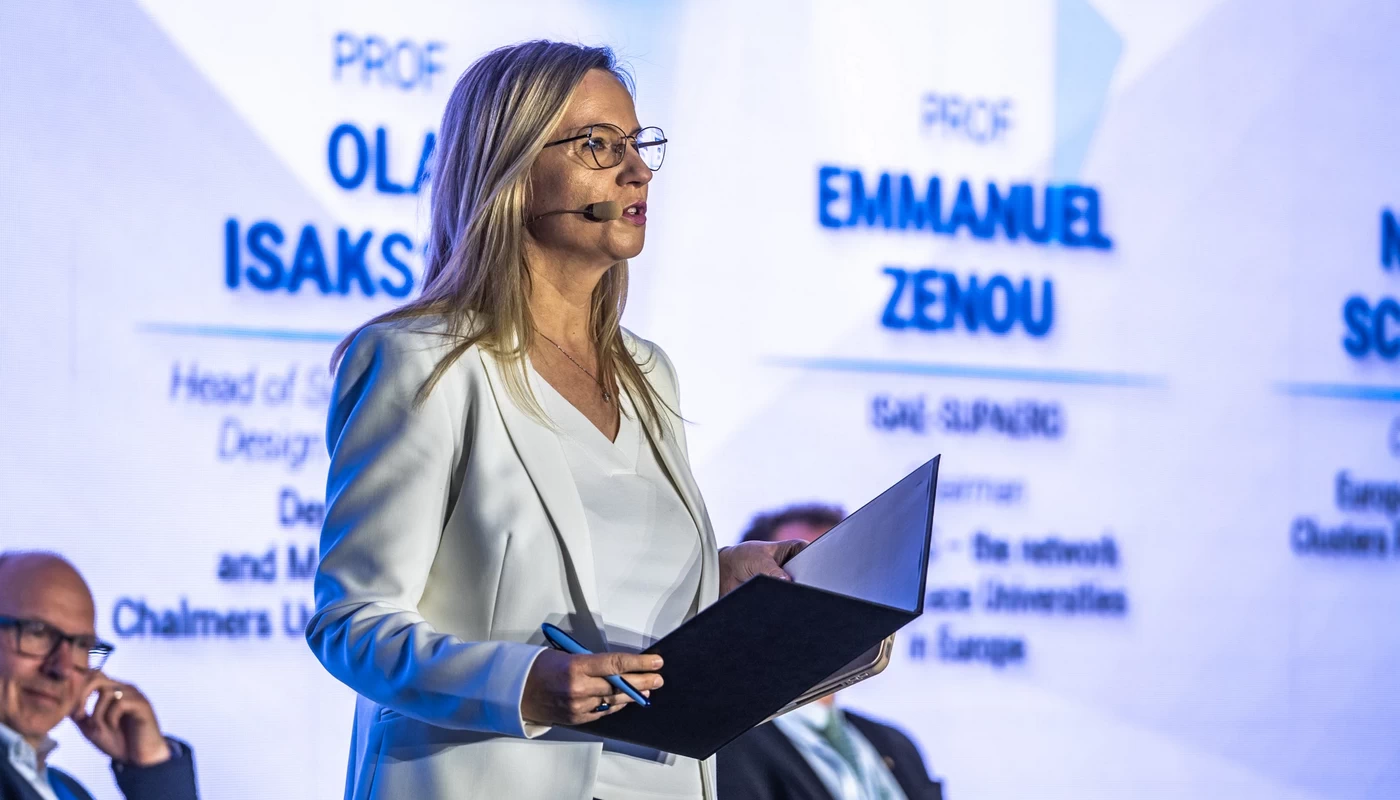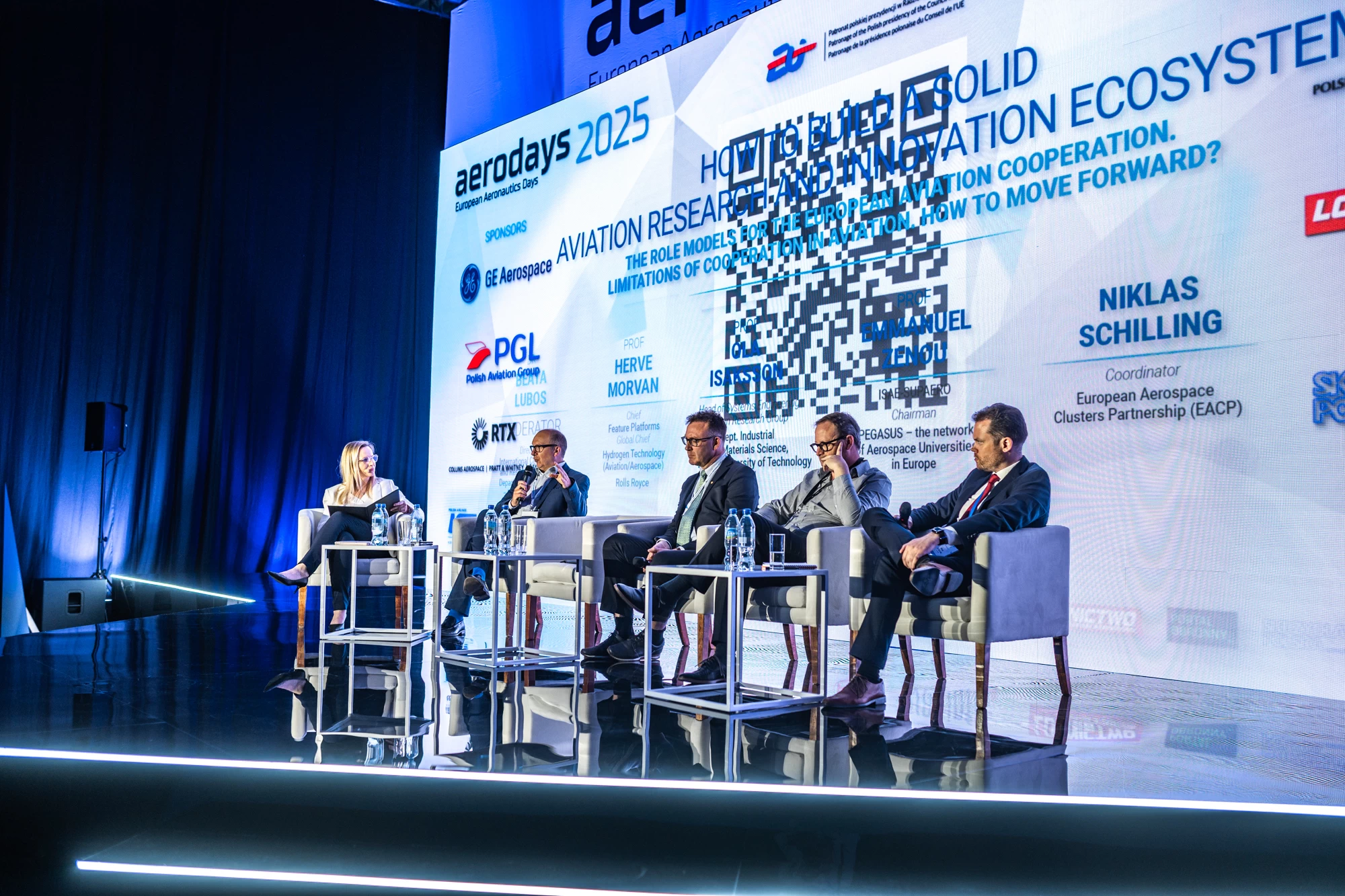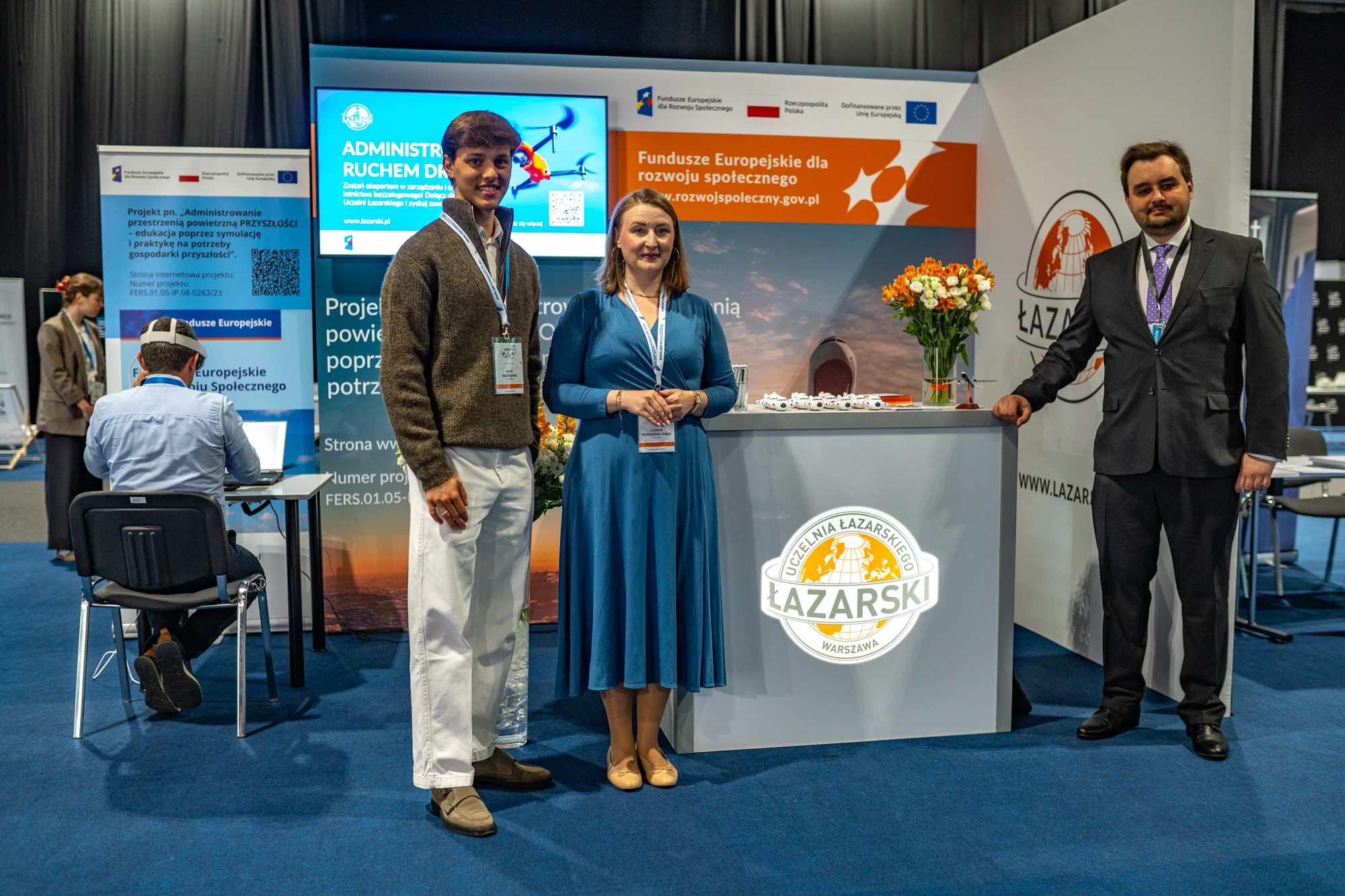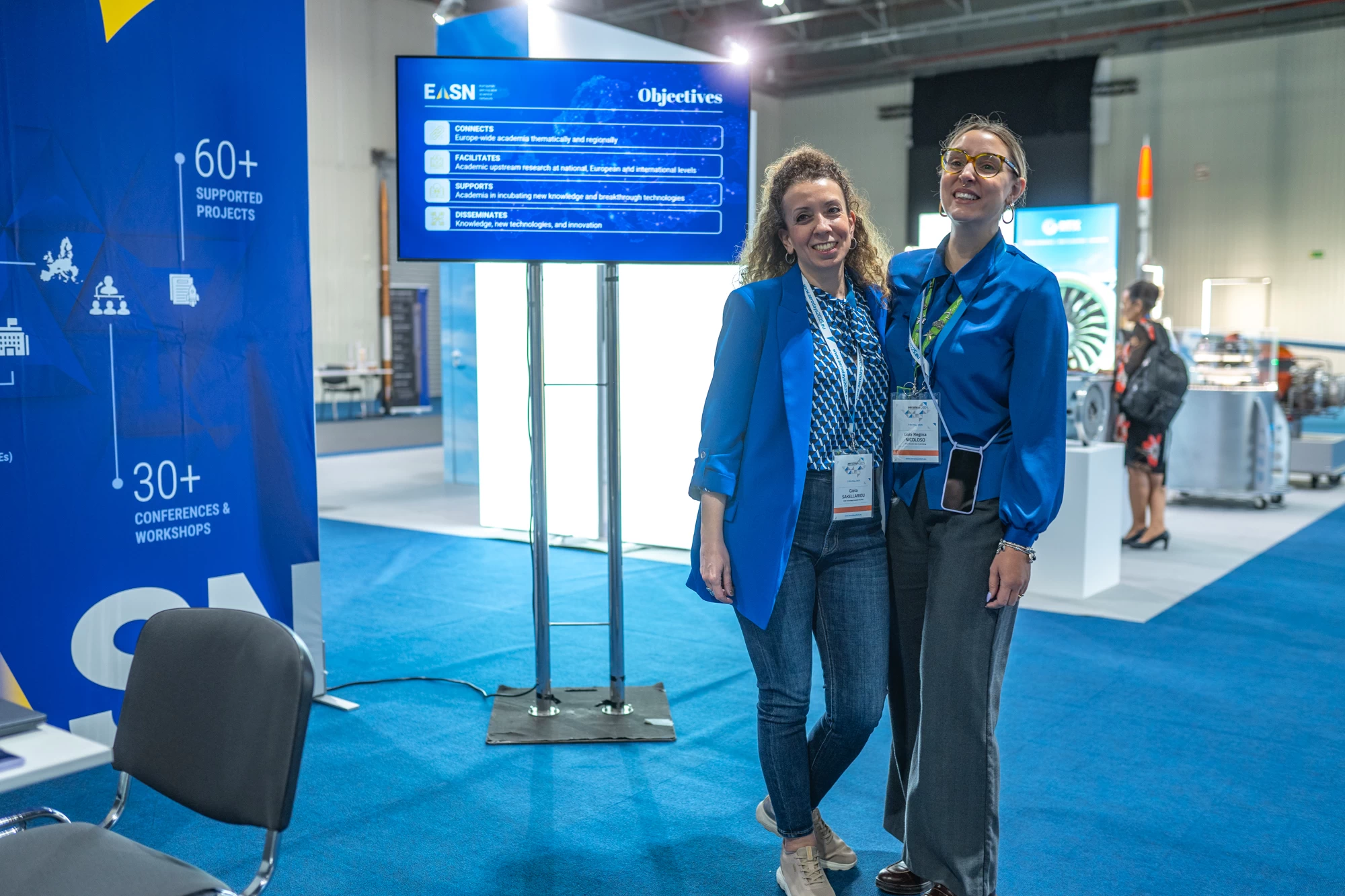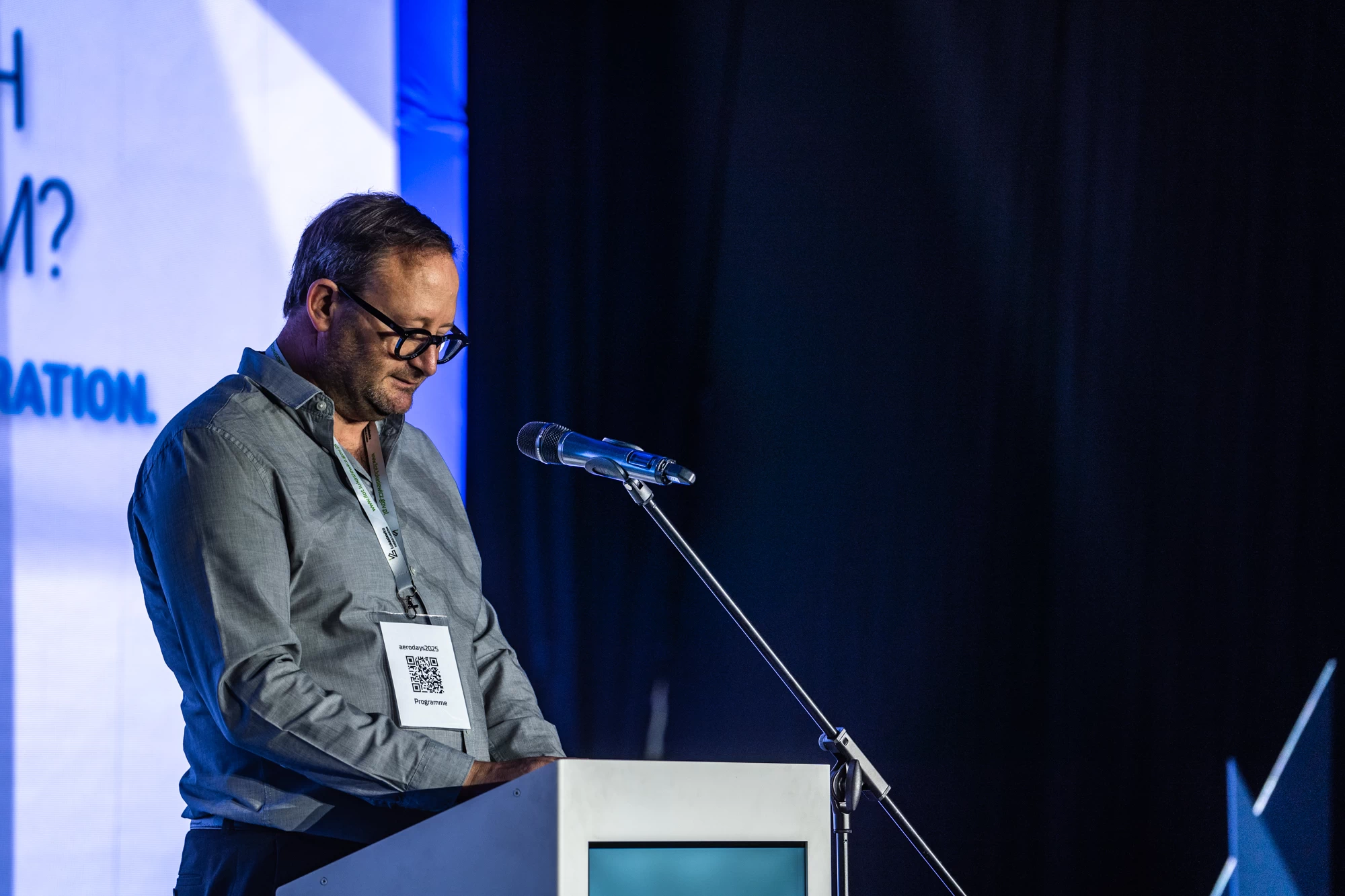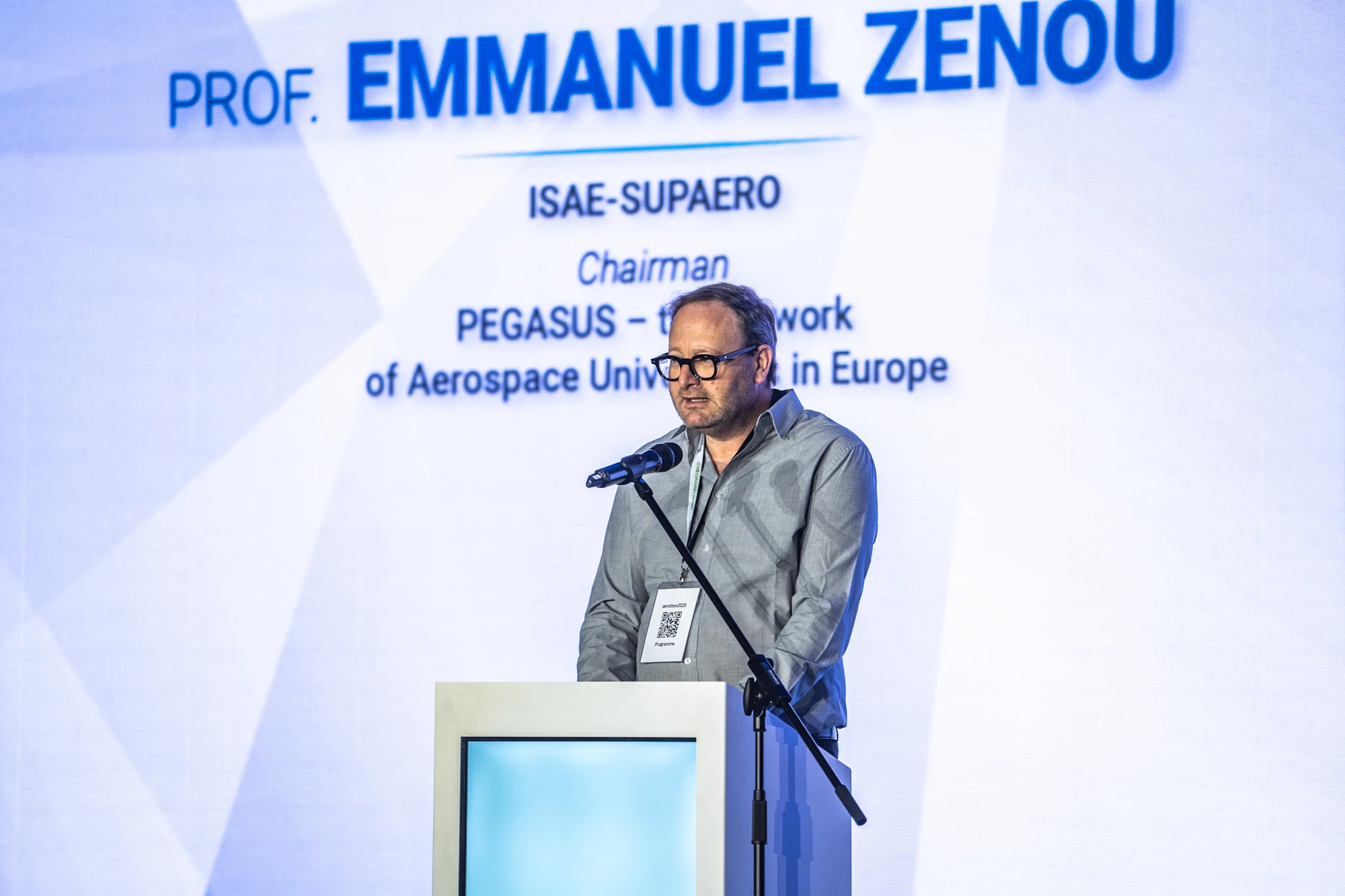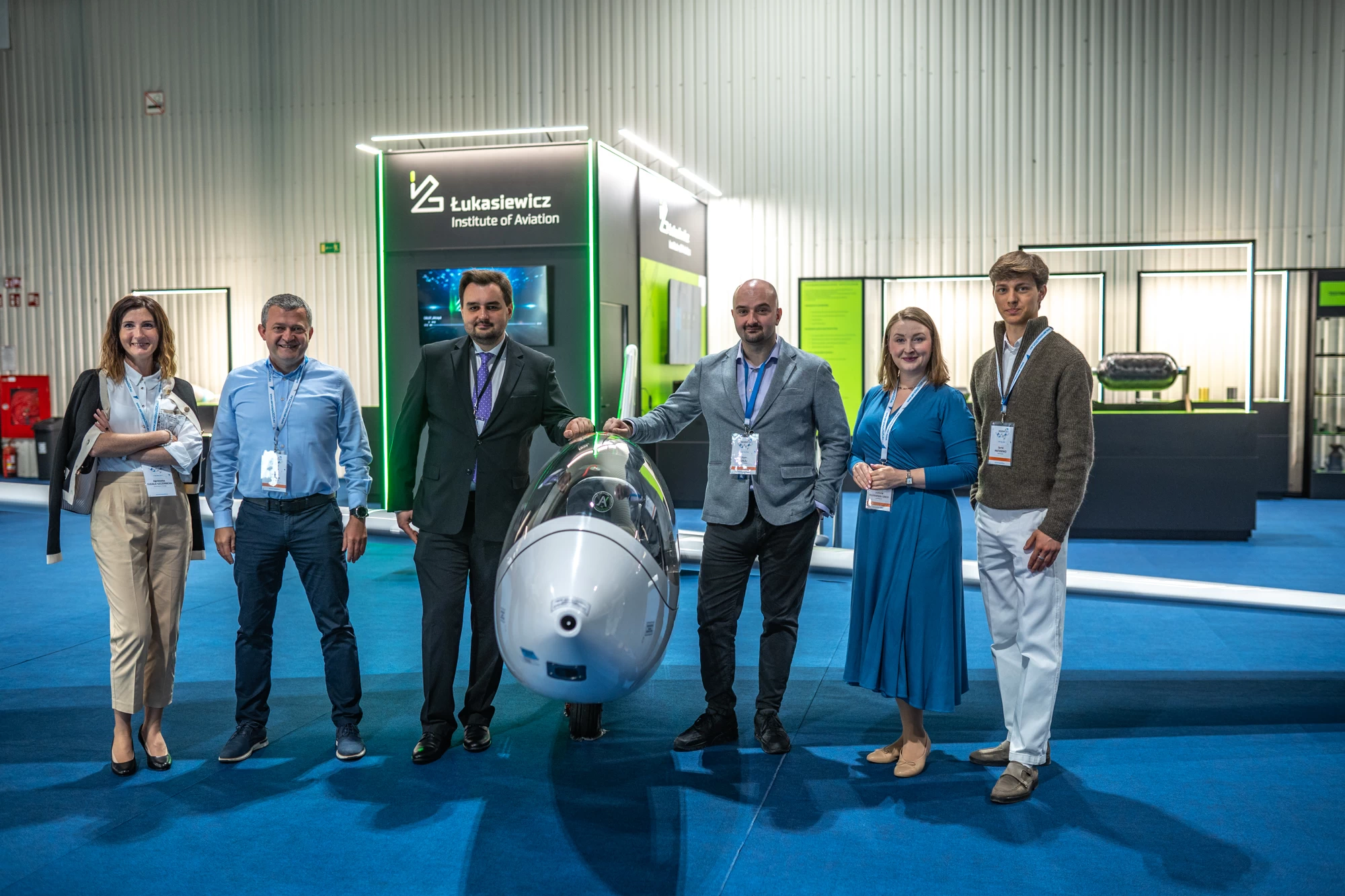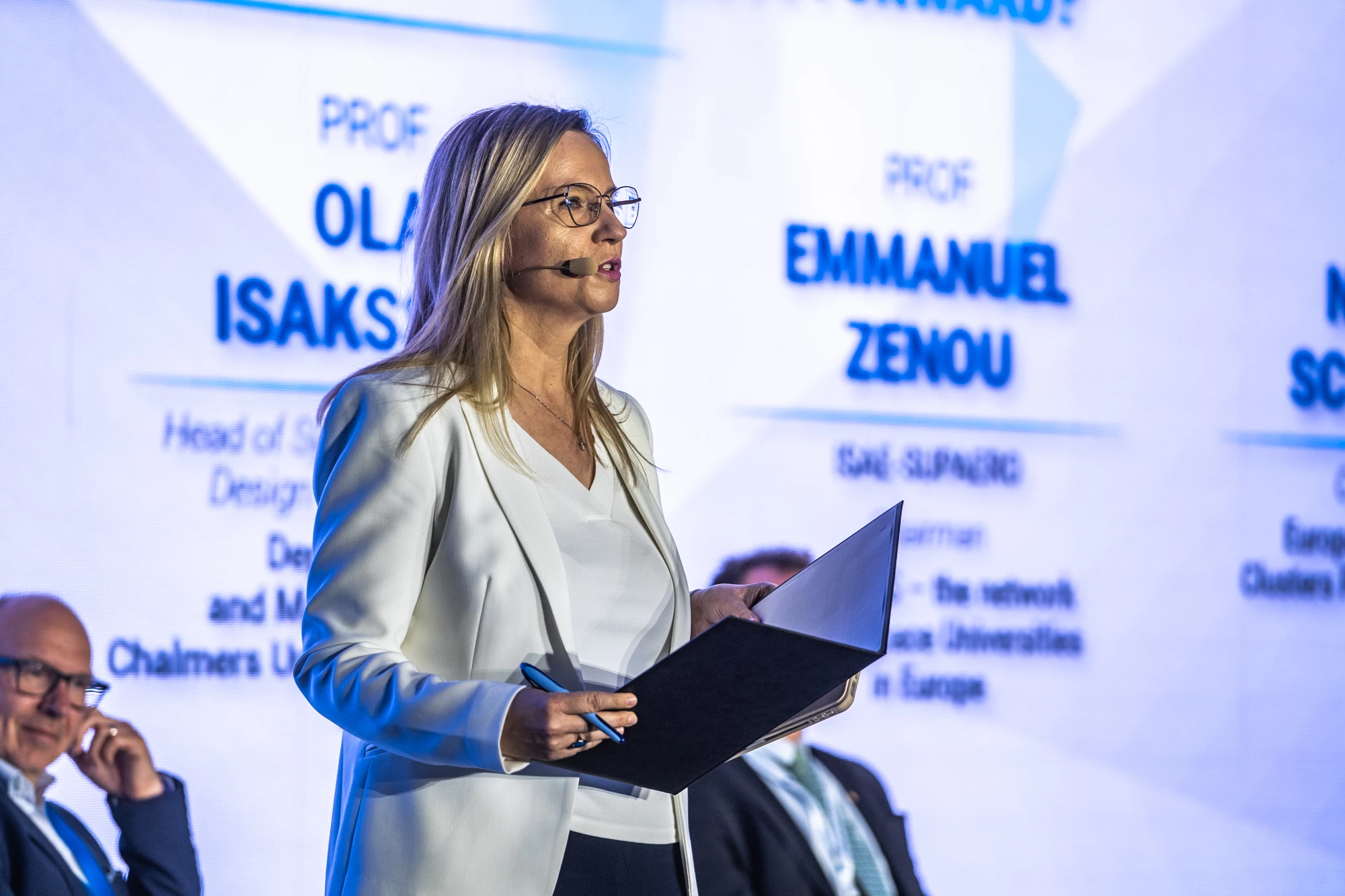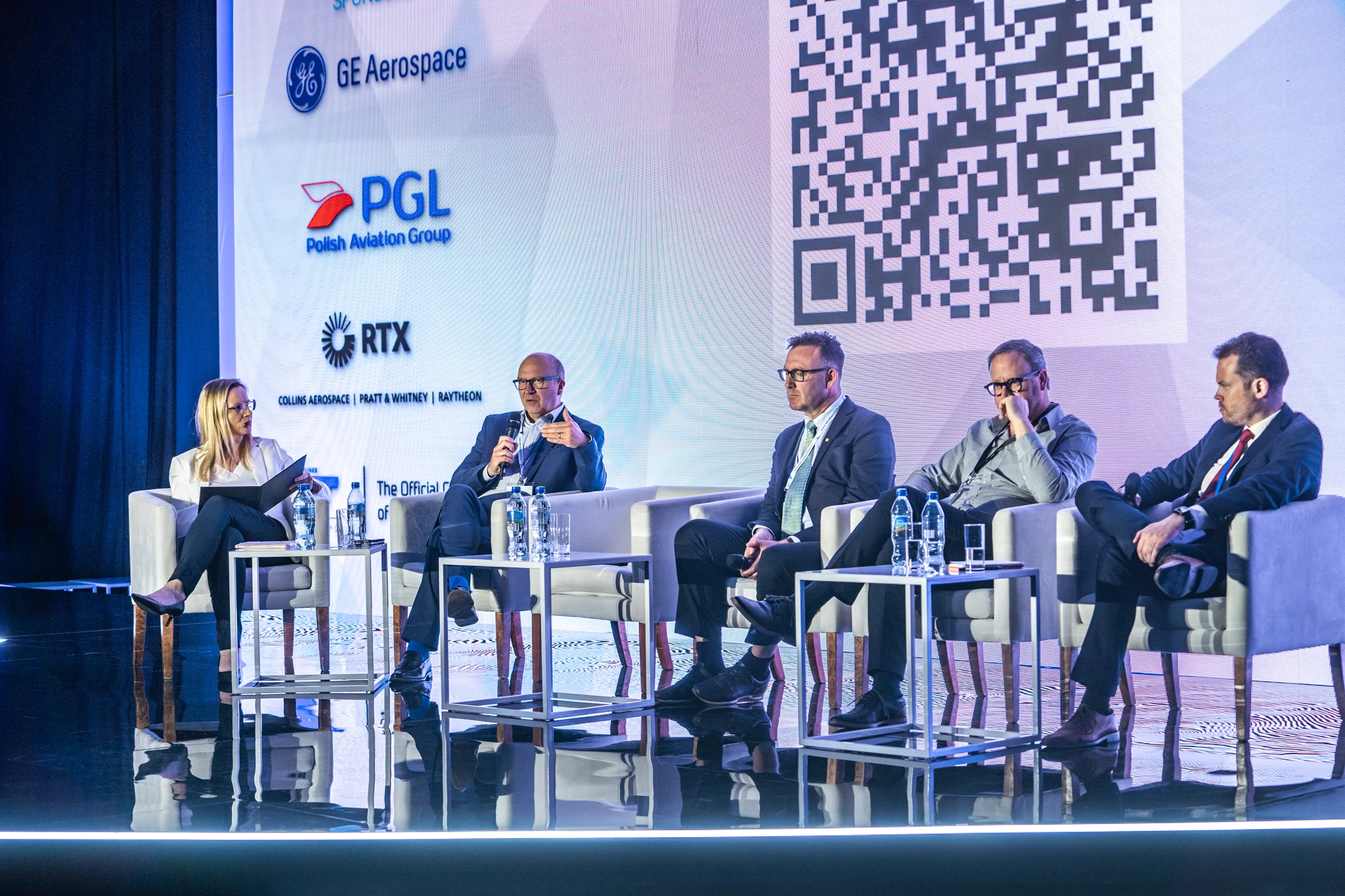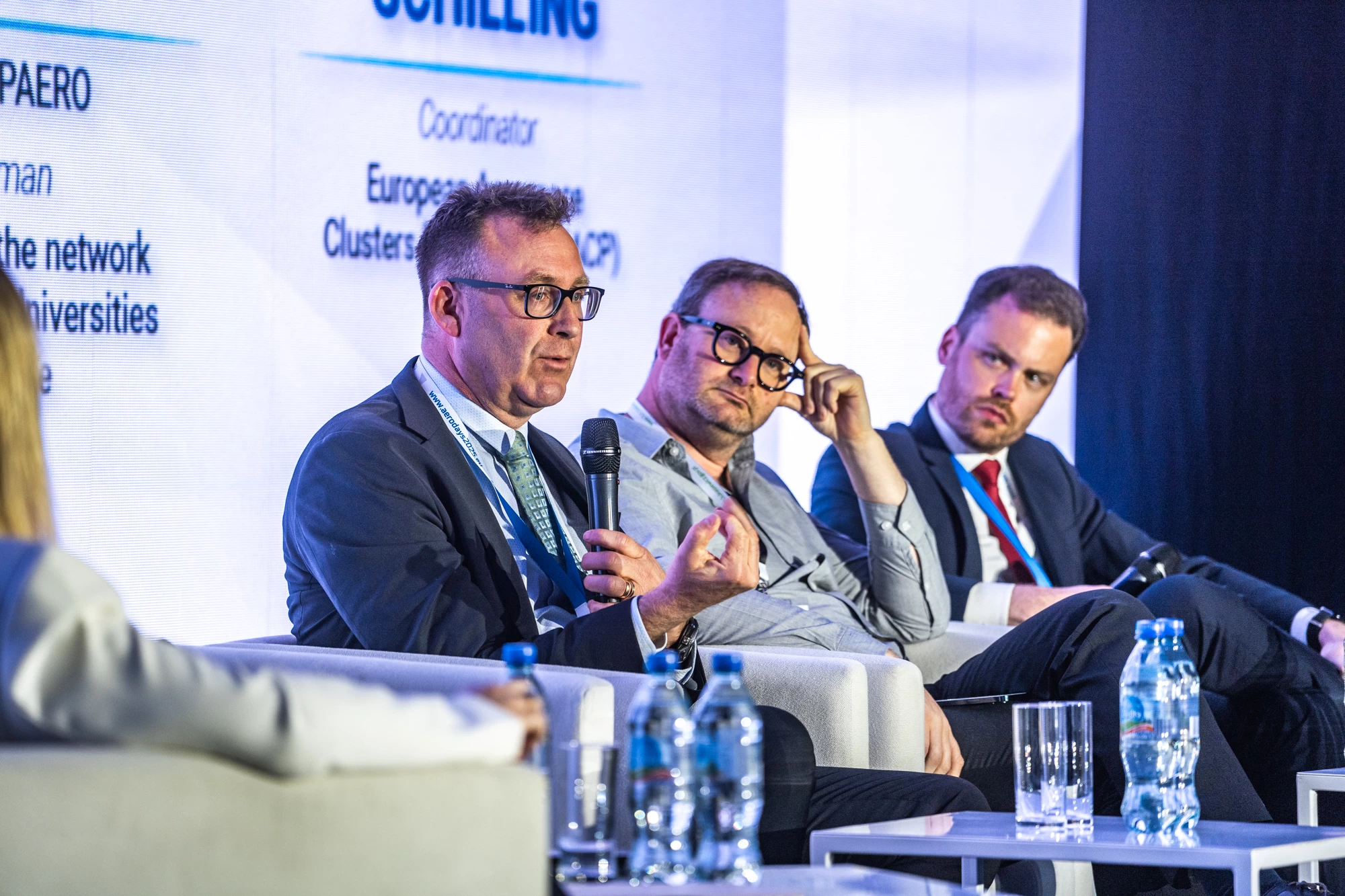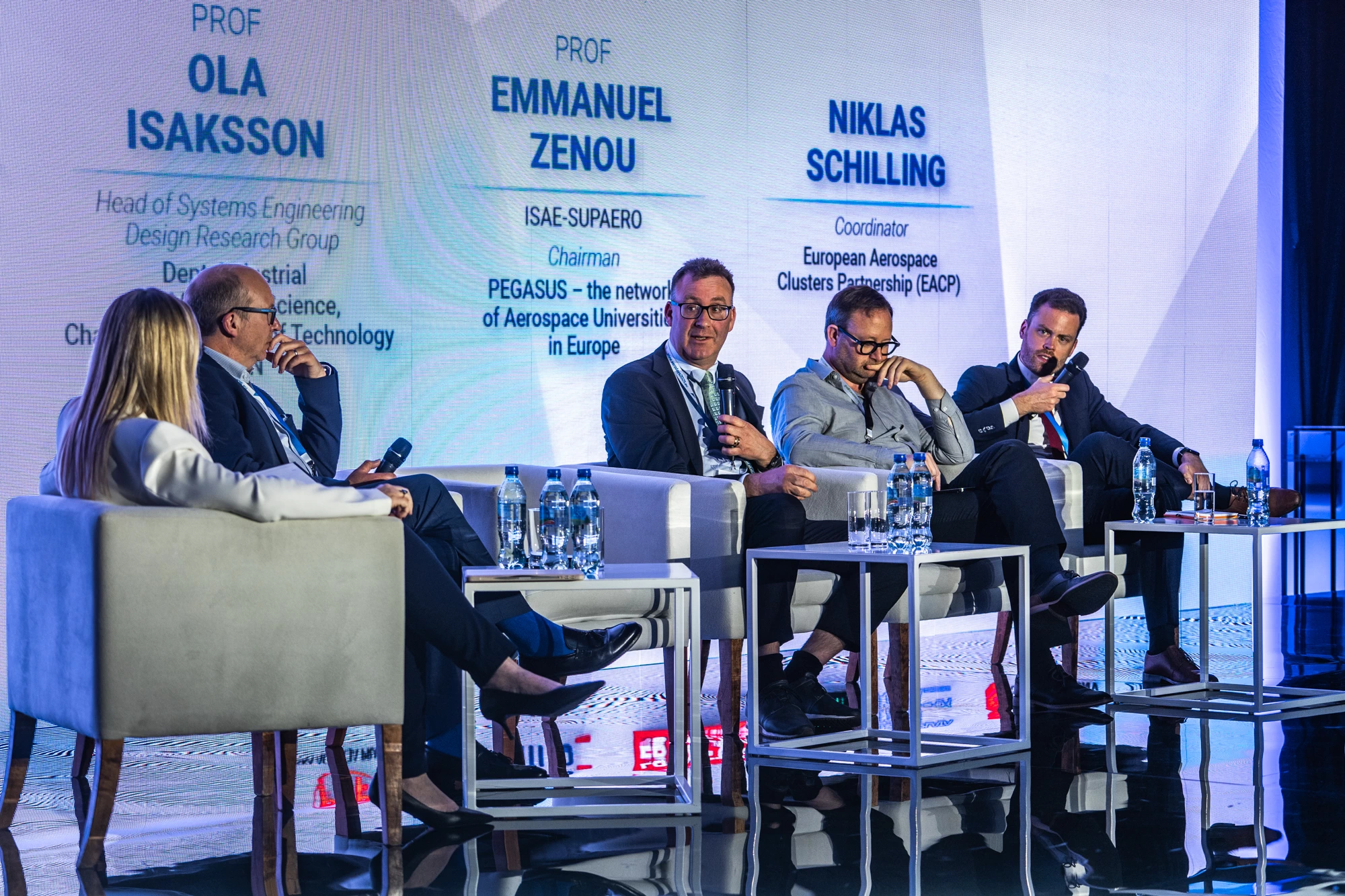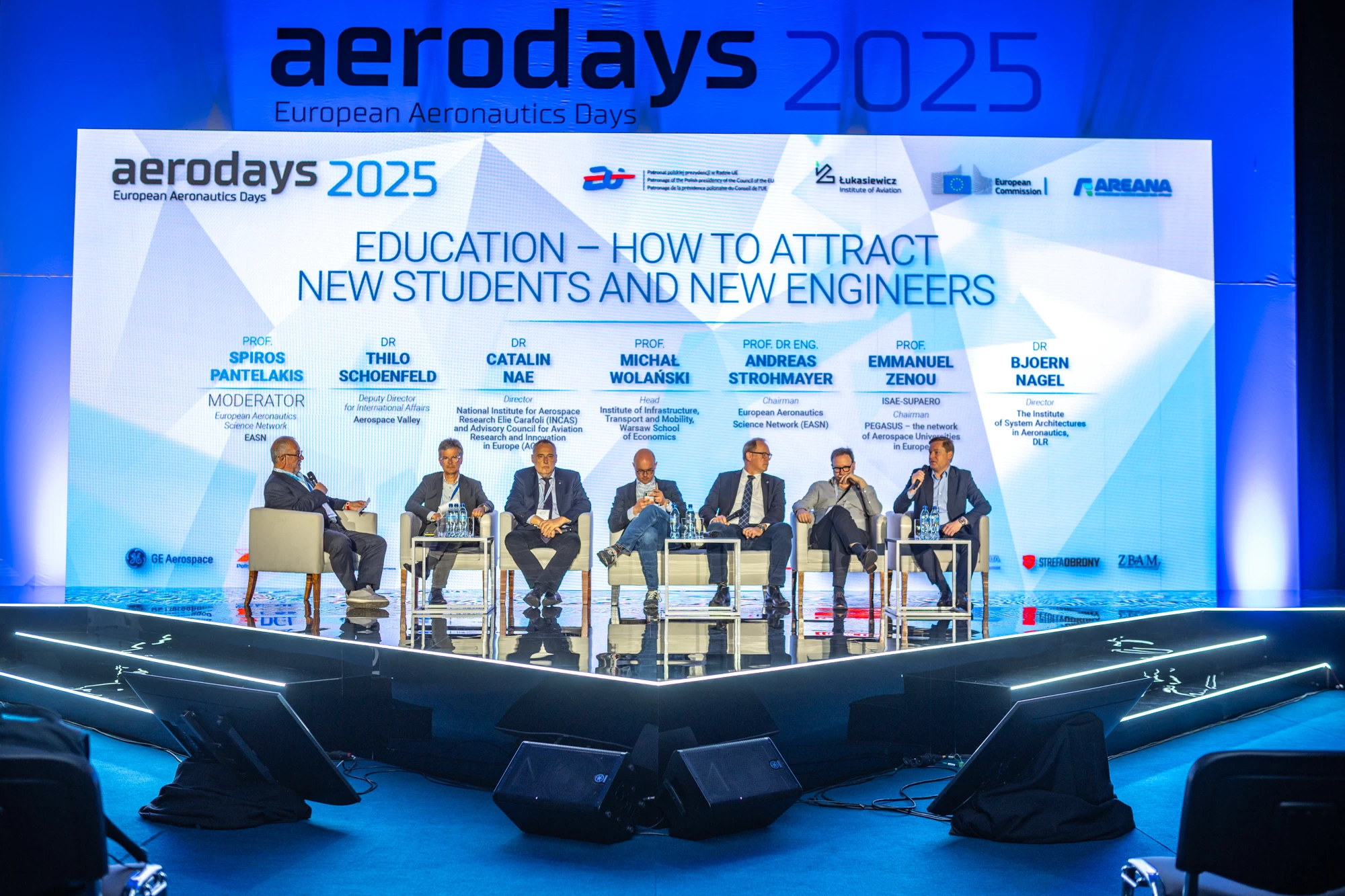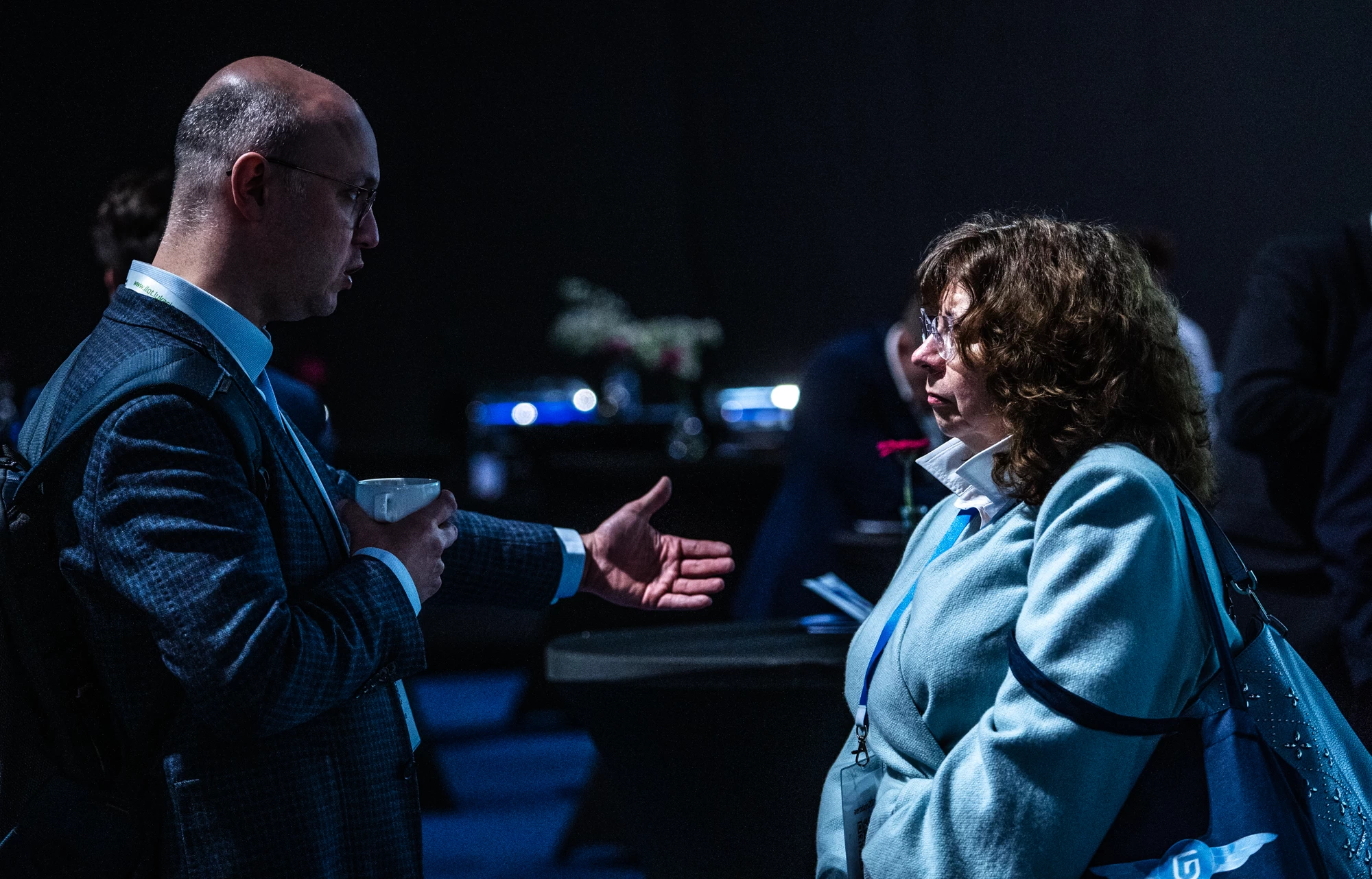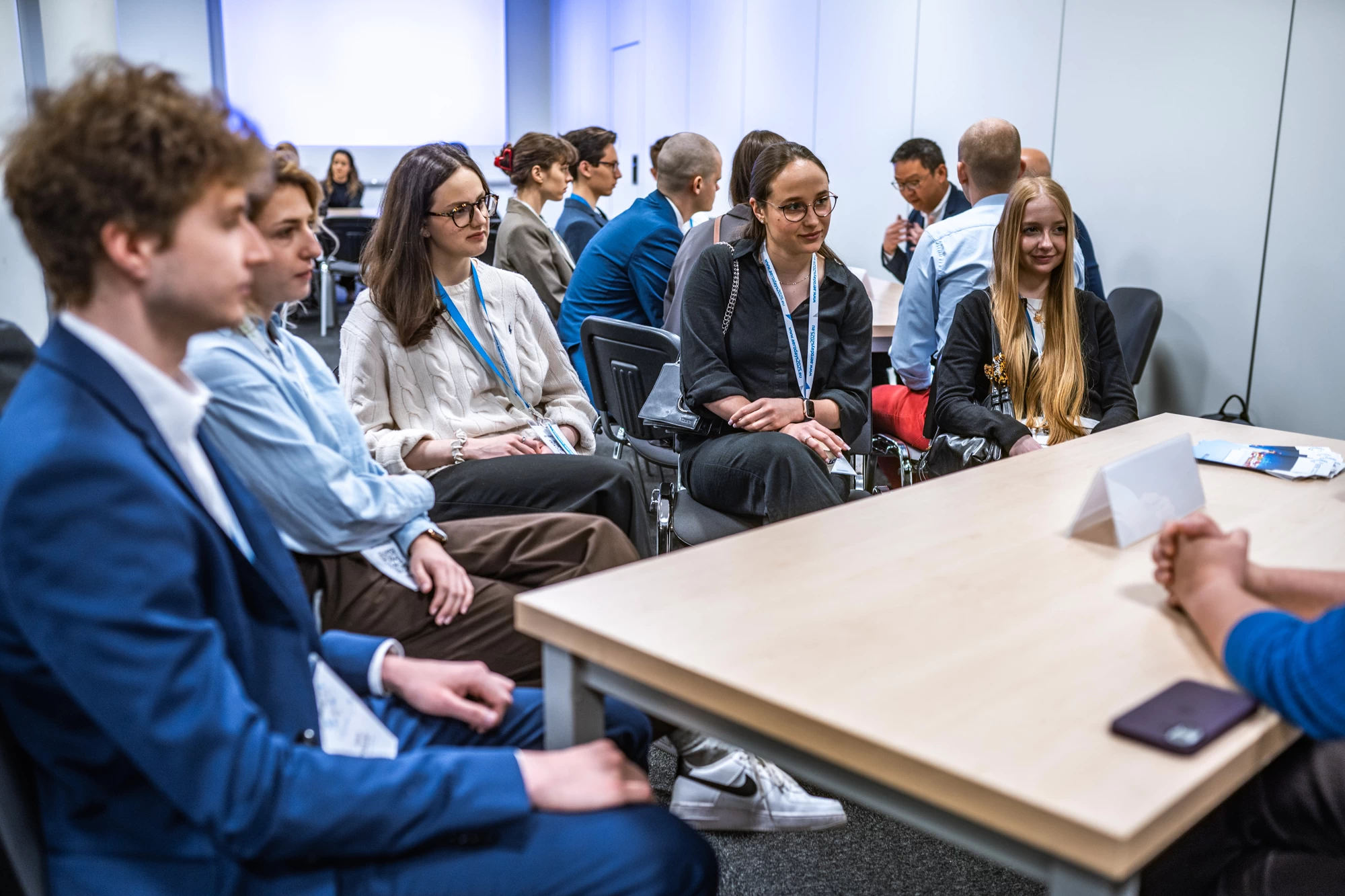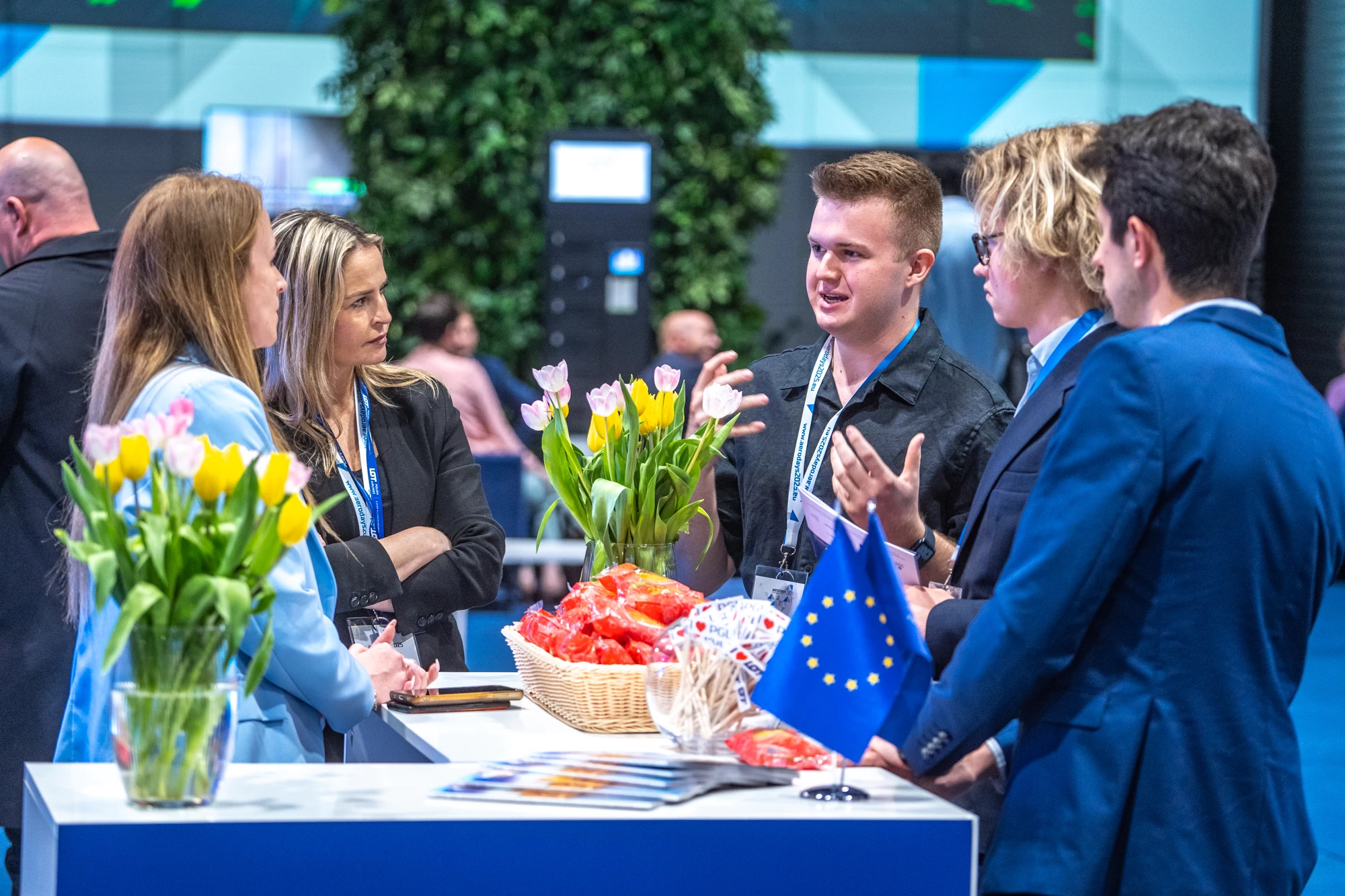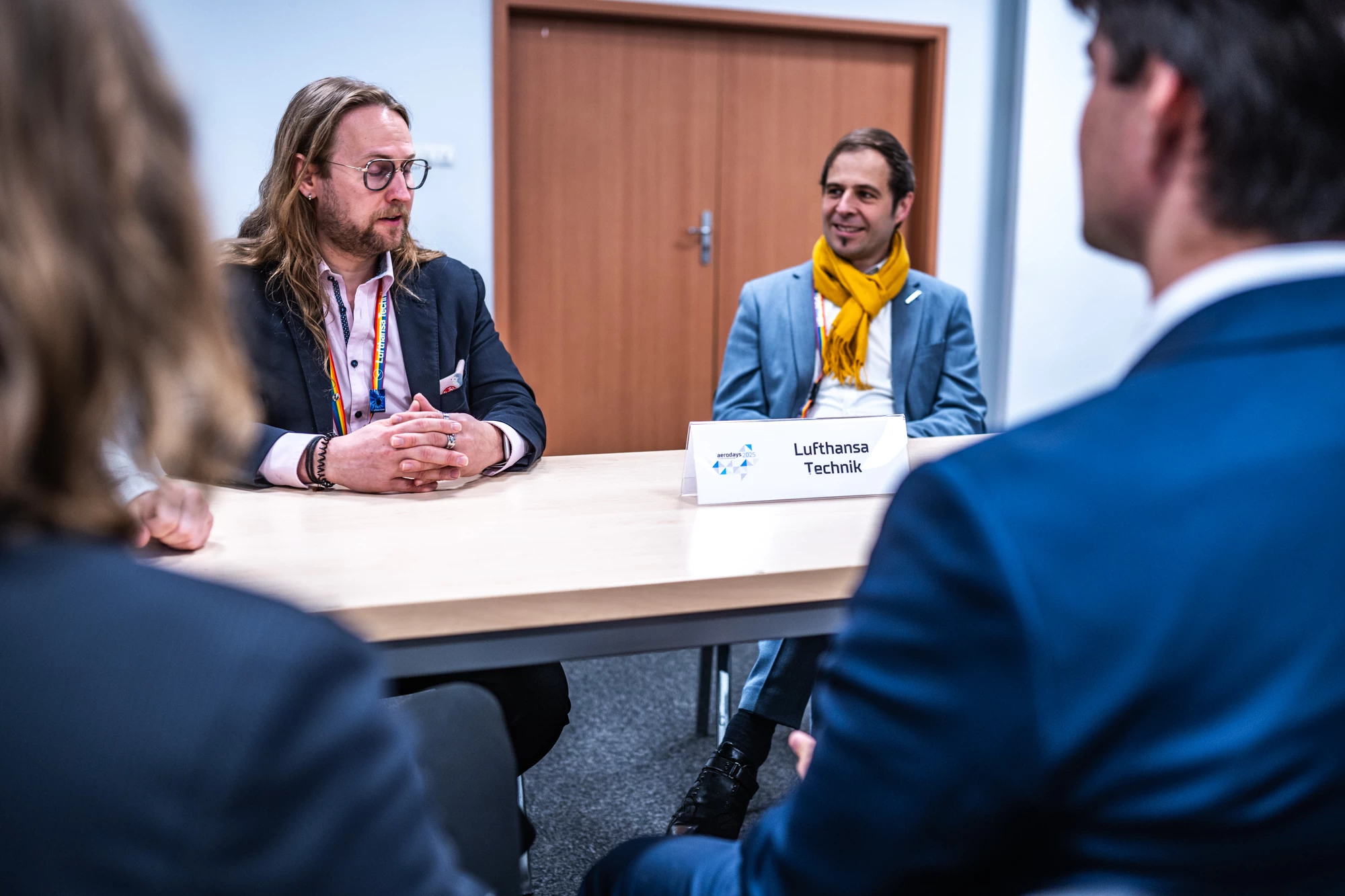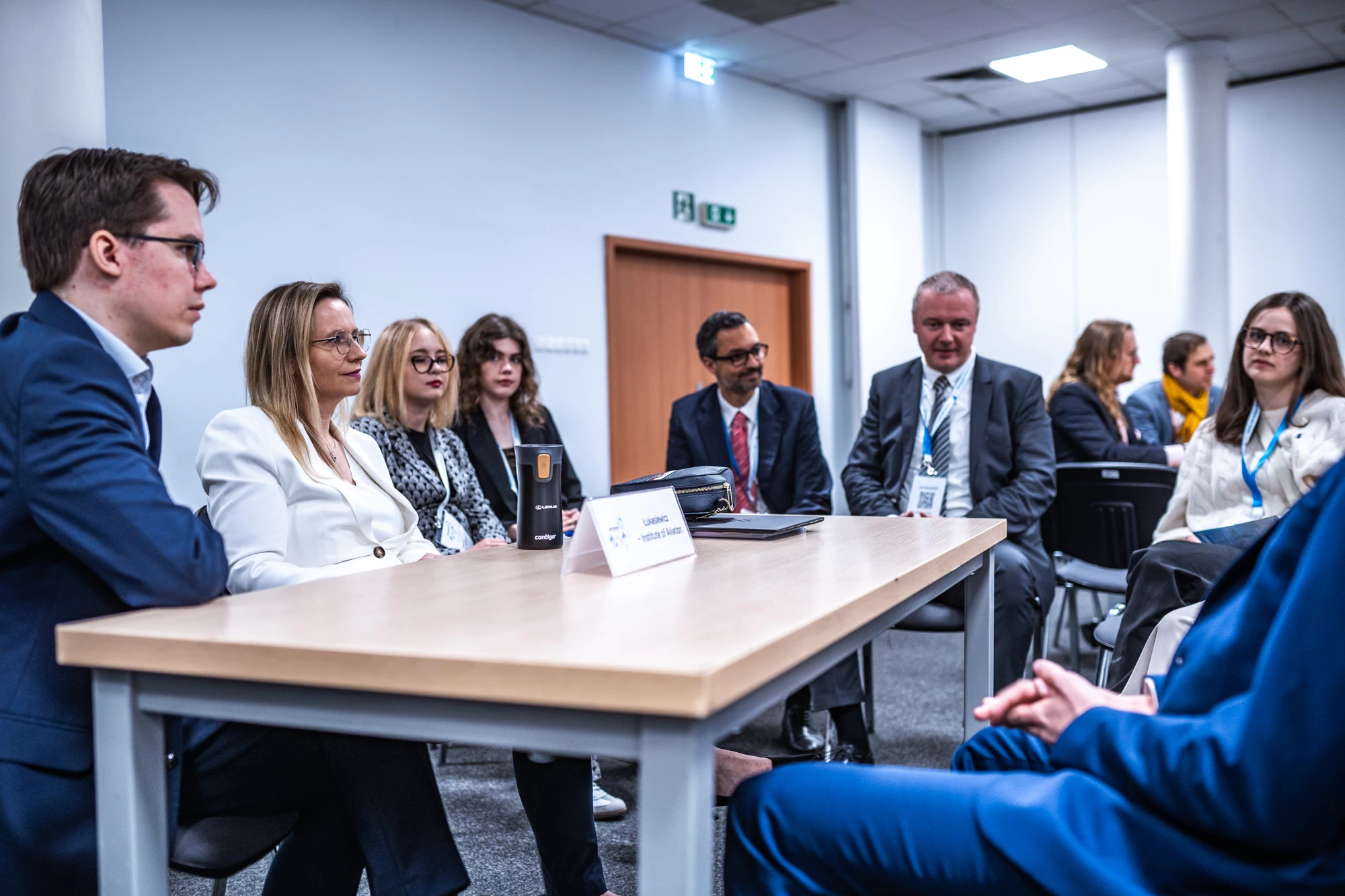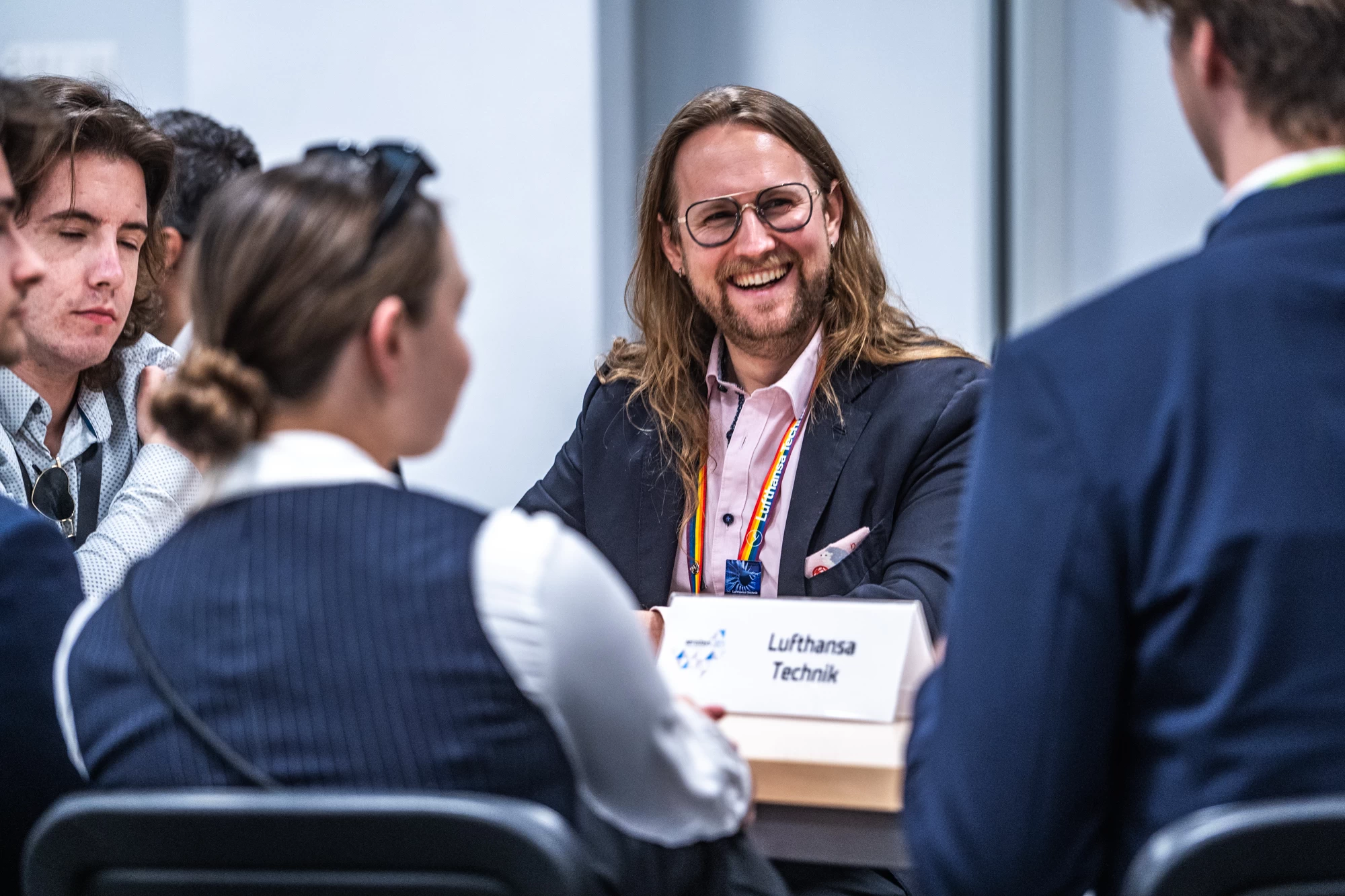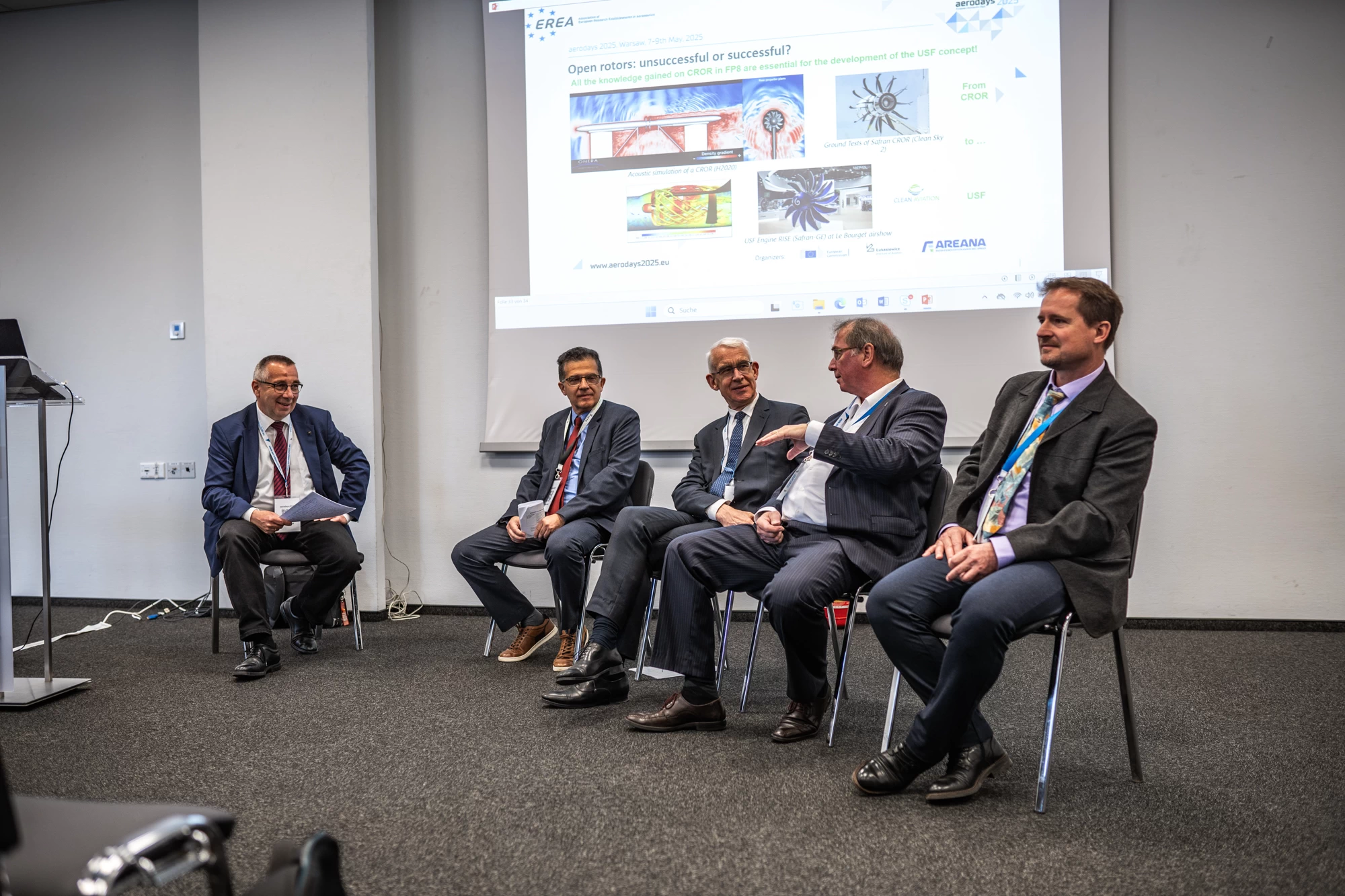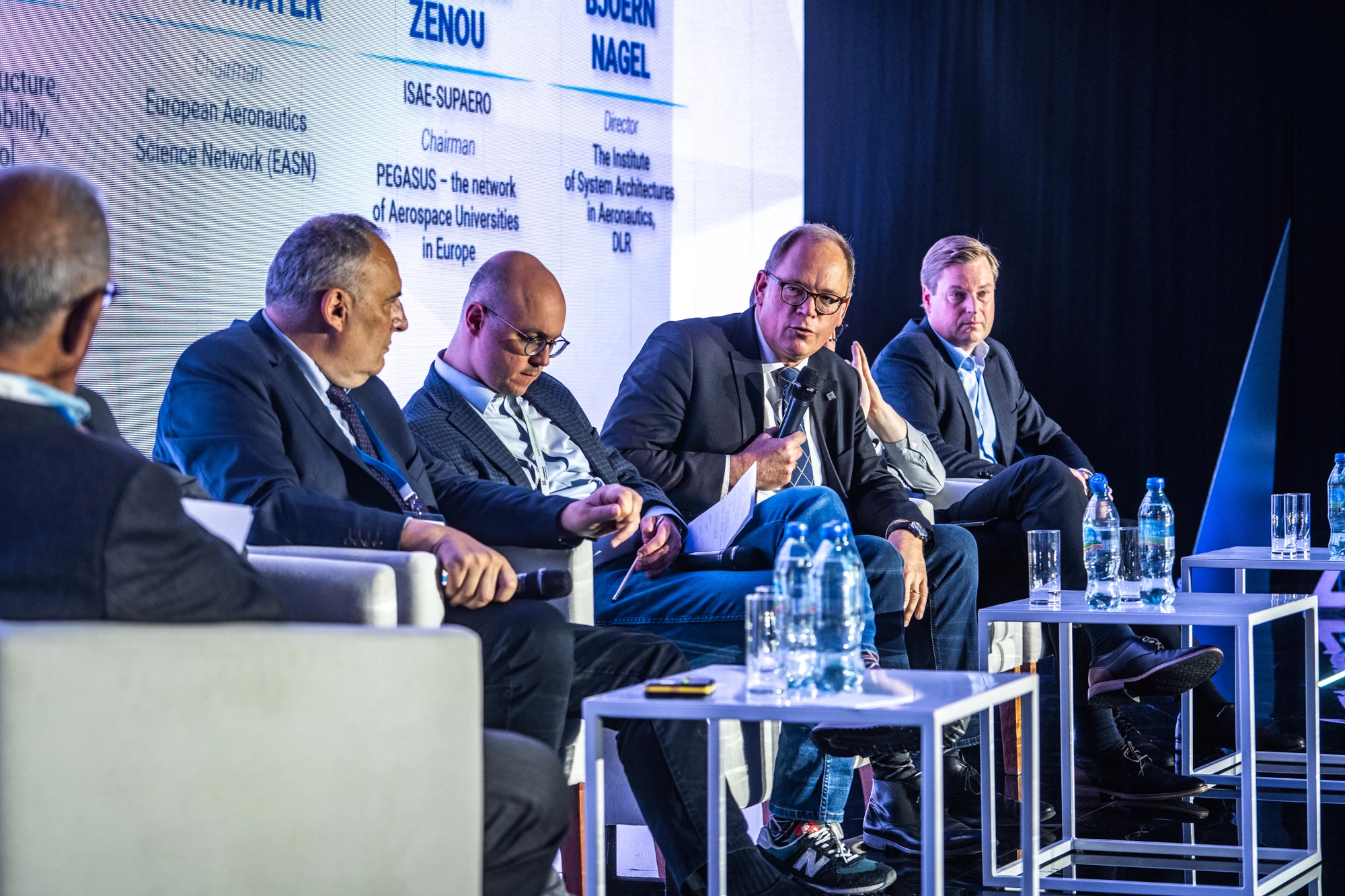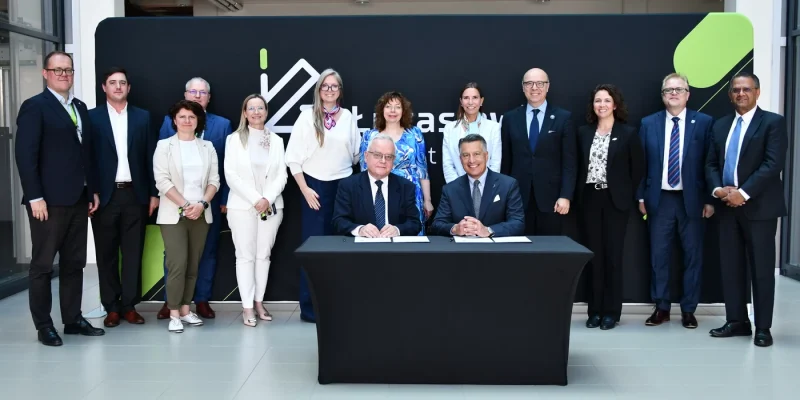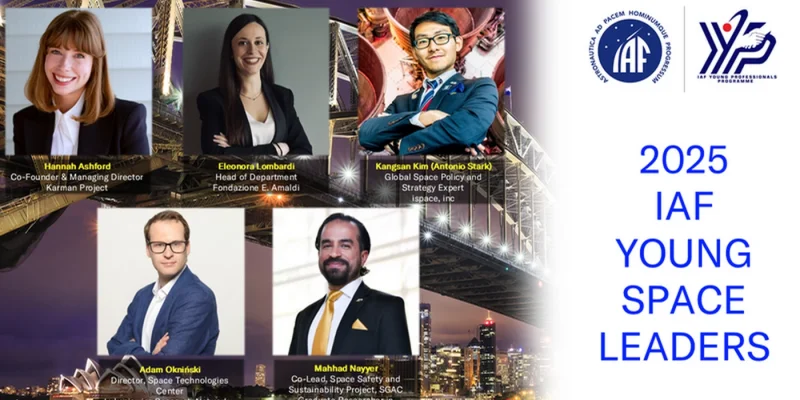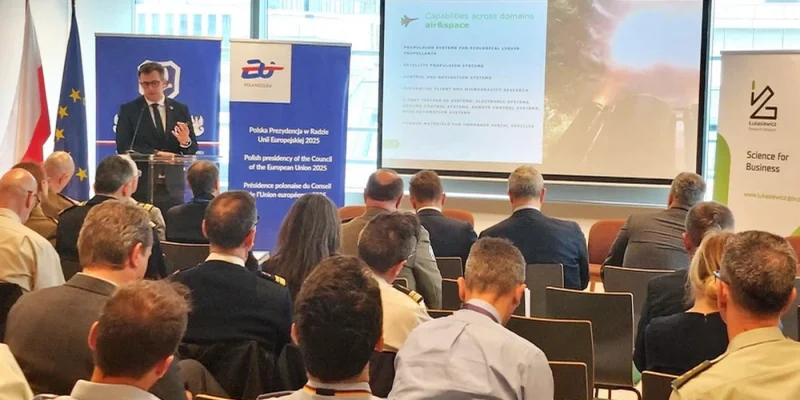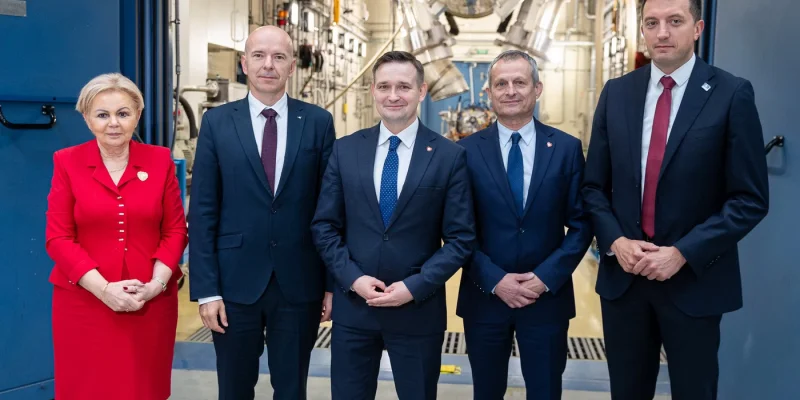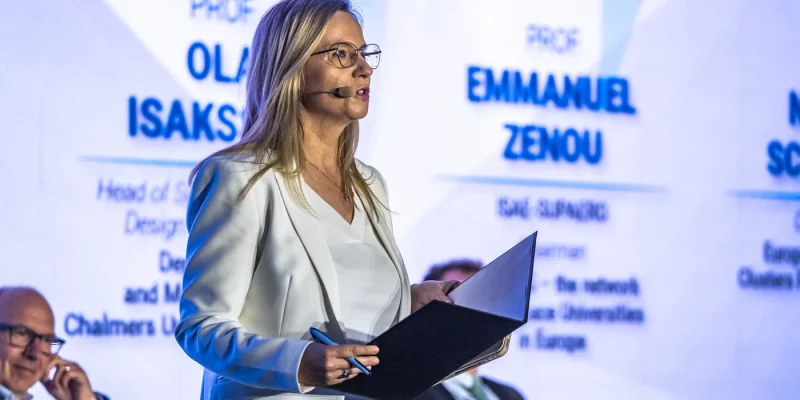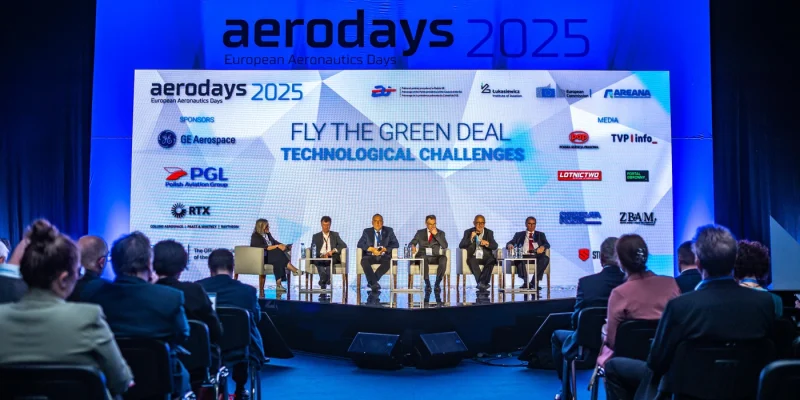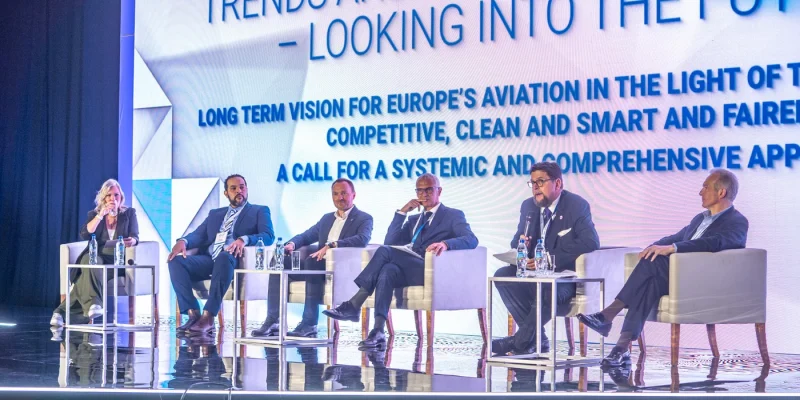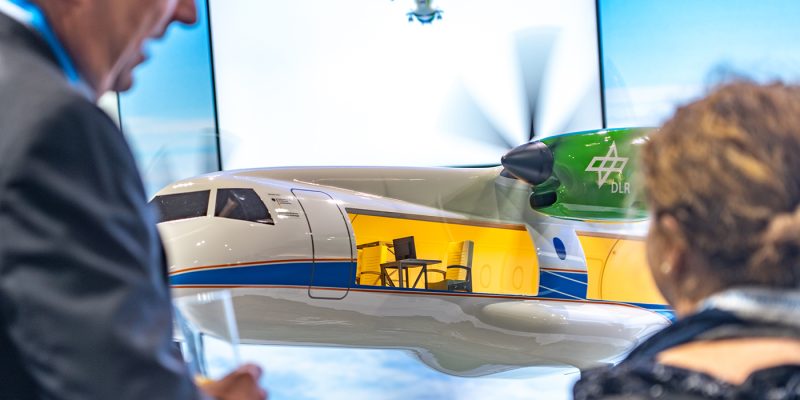How to build a robust ecosystem of aviation research and innovation? How to work in a highly competitive global environment? The conclusions and next steps that the European aviation industry must take were discussed during the third and final day of the European Aerospace Days – Aerodays 2025.
The conference opened with a panel discussion with representatives of science and industry, who discussed various models of European cooperation in the field of aviation. As emphasized, cooperation is needed to effectively and efficiently meet the global challenges currently facing European aviation. Much space was devoted to education, the alignment of plans for the development of technology and teaching methods, and the content that underpins university curricula.
Aviation transformation as assessed by representatives of science and business
As aviation undergoes a rapid transformation, there is a growing need for skilled professionals in various fields. Aerodays 2025 panelists were asked, among other questions, what skills the aviation industry needs as it transitions to cleaner, more digital and autonomous aviation technologies. They discussed how research centers and universities can adapt their curricula to meet the changing needs of the aviation industry. Indeed, universities play a key role in shaping the aviation industry’s future workforce. They also talked about what changes in curricula are needed now to equip students with the skills required practically tomorrow in the aviation industry.
There was also discussion of how to ensure regional cooperation in closing the skills gap and how to create pathways for young talent so that they can quickly enter the aviation workforce without lengthy adjustment programs. Among other things, national and EU initiatives focused on creating skill development programs that fill local competency gaps and promote mobility in the EU were highlighted.
Global challenges of the aviation industry
During Aerodays 2025, the topic of global challenges for European aviation was also measured. Methods of dealing with them were presented using examples of specific projects and research programs. Mechanisms that strengthen and encourage cooperation at the international level were pointed out here, as well as the huge opportunity presented by deepening international cooperation in the aviation sector.
The Aerodays 2025 conference unequivocally emphasized that the future of European aviation depends on deepened international cooperation, effective coordination of R&D activities and maximization of synergies between ongoing projects. In the face of dynamic geopolitical changes and growing climate challenges, it is crucial to maintain stable and adequate funding for aviation innovation under the new EU framework program, which will enable the sector’s transformation towards sustainable and safe development to continue. At the same time, the need to strengthen the resilience of supply chains, build European strategic autonomy, and use the potential of aviation to ensure national security and defense, in line with the European Union’s security policy, was pointed out.
More about Aerodays 2025: https://aerodays2025.eu/.
Aerodays 2025 is an international event on the future of aviation, taking place in Warsaw, Poland, May 7-9, 2025.
Source: Łukasiewicz – Institute of Aviation


